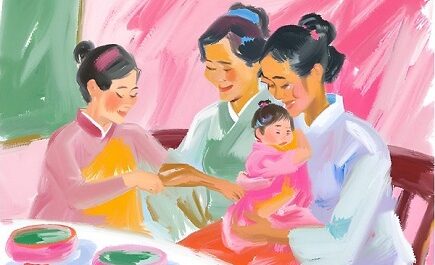Learn Chinese Idiom Name, Pinyin, English
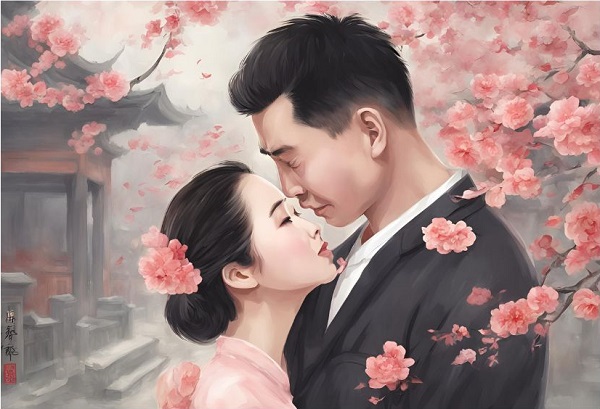
- Idiom in Chinese-儿女情多。
- Pinyin of Idiom– ér nǚ qíng duō.
- Idiom’s Meaning in English– The idiom “ér nǚ qíng duō” expresses the excessive emotions, often referring to love, longing, and sentimentality displayed by young men and women. It suggests a tendency to be overly emotional and sentimental in romantic relationships.
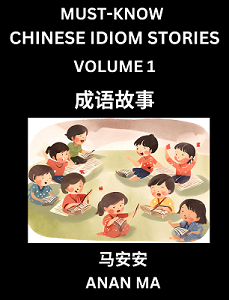
Chinese Idiom Stories Books (HSK All Levels):
- Books to Learn Chinese Idiom Stories (Part 1)
- Books to Learn Chinese Idiom Stories (Part 2)
- Books to Learn Chinese Idiom Stories (Part 3)
Learn Chinese Idiom Story in English (成语故事的英文)
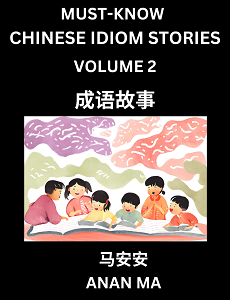
The idiom “ér nǚ qíng duō” originates from an ancient tale of love and sentimentality. It tells the story of a young scholar and a peasant girl who fell deeply in love. They spent countless joyful moments together, composing poems and paintings. However, the scholar had to leave for the imperial examination in the capital, leaving them separated. During their separation, they exchanged letters filled with longing and affection. After the scholar achieved success and returned home, they reunited in a heartfelt reunion, becoming a much-talked-about tale of true love and sentimentality.
Learn Idiom Story in Chinese (成语故事)
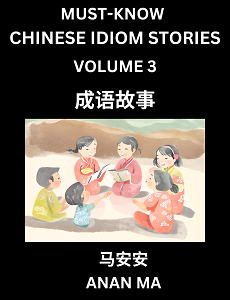
“儿女情多”这个成语源自于古代的情感世界,讲述了一对青年男女因情深意重而引发的故事。相传,在古代的一个小村庄里,有一位书生和一位村姑相爱了。他们彼此情深意切,常常一起吟诗作画,共度美好时光。然而,因为书生要去京城参加科举考试,两人被迫分离。分别的日子里,他们用书信传情,字里行间充满了对彼此的思念和牵挂。最终,书生考中状元,回到村庄与村姑团聚,两人情深意重,成为了人们口中的佳话。
Learn Keywords with English, Simplified Chinese Characters, and Pinyin (关键词)
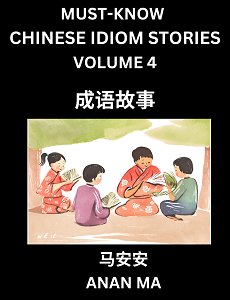
- 书生(shū shēng): scholar
- 村姑(cūn gū): peasant girl
- 情深意重(qíng shēn yì zhòng): deeply affectionate
- 科举考试(kē jǔ kǎo shì): imperial examination
- 书信(shū xìn): letter
- 思念(sī niàn): miss
- 牵挂(qiān guà): worry about
- 状元(zhuàng yuán): number one scholar in the imperial examination
- 团聚(tuán jù): reunite
- 佳话(jiā huà): good story
Pinyin of Idiom Story (故事的拼音)
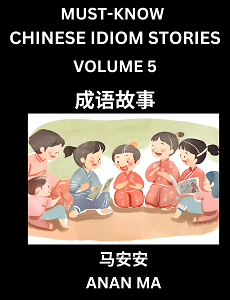
“Érnǚ qíng duō” zhège chéngyǔ yuán zì yú gǔdài de qínggǎn shìjiè, jiǎngshùle yī duì qīngnián nánnǚ yīn qíng shēnyì zhòng ér yǐnfā de gùshì. Xiāngchuán, zài gǔdài de yīgè xiǎo cūnzhuāng lǐ, yǒuyī wèi shūshēng hé yī wèi cūn gū xiāng’àile. Tāmen bǐcǐ qíng shēnyì qiè, chángcháng yīqǐ yín shī zuòhuà, gòngdù měihǎo shíguāng. Rán’ér, yīnwèi shūshēng yào qù jīngchéng cānjiā kējǔ kǎoshì, liǎng rén bèi pò fēnlí. Fēnbié de rìzi lǐ, tāmen yòng shūxìn chuánqíng, zìlǐhángjiān chōngmǎnle duì bǐcǐ de sīniàn hé qiānguà. Zuìzhōng, shūshēng kǎo zhōng zhuàngyuán, huí dào cūnzhuāng yǔ cūn gū tuánjù, liǎng rénqíng shēnyì zhòng, chéngwéile rénmen kǒuzhōng de jiāhuà.


